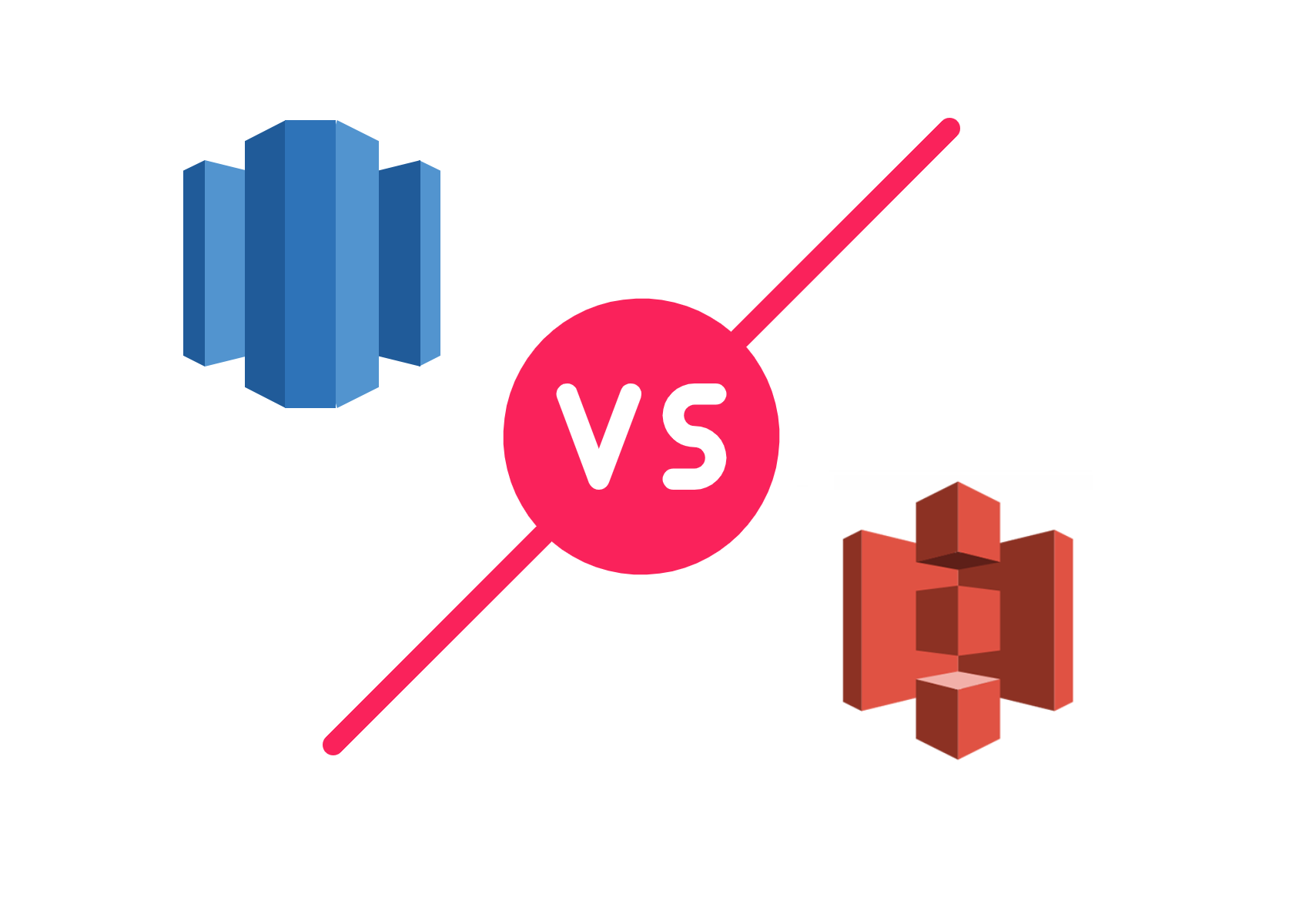Data Warehouse Strategy: What Questions Should You Ask?
What questions should you ask before implementing a data warehouse strategy? Read our informative blog and contact Zuar today to learn even more!

In today’s modern world, data is anywhere and everywhere. At Zuar, our mission is to help you build a modern strategy, leverage the correct tools, automate your process, protect your information, and improve your business through the use of data. One way to accomplish these things is to have a data warehouse strategy.
According to guru99, a data warehouse strategy centralizes on a streamlined process for internalizing and managing data from varied sources to provide constructive business insights. Now that we know the definition of a data warehouse strategy, what are the best data warehouse questions to ask before and during the building of this critical process? Exploring and creating the right inquiries for your data warehouse strategy ensures the type of data warehouse is the best fit for your data and your company goals.
If you or anyone at your company has questions about the data warehouse process, don’t hesitate to reach out to Zuar for guidance and friendly data-driven advice.

Why Should My Business Use A Data Warehouse Strategy?
The above sounds like a simple question: Why should my business use a data warehouse strategy, but this question has a few unique answers according to your individual business plan, goals, and budget. Here are three reasons why your business could benefit from investing in a data warehouse strategy.
- Your Business Could Benefit From Data Mining
Data mining may make you think about the coal mines of West Virginia, but data mining involves something much different. Data mining involves a very database-centric and all-around intricate process. In short, data mining involves the process of identifying concealed patterns within the specific data your business uploads. Identifying these patterns, whether it is a current or future consumer spike; or an up-and-coming market trend, a data warehouse strategy allows you and your business to stay ahead of the competition. - Ensure Data Consistency
One of the benefits of entering into a data warehouse strategy is the insurance of consistency. Herzing University further explains the specifics of consistency when choosing a data warehouse strategy, “Data warehouses are programmed to apply a uniform format to all collected data, which makes it easier for corporate decision-makers to analyze and share data insights with their colleagues around the globe.” Consistency is critical to have in your businesses so you can capitalize on patterns and trends, as we spoke about above from the concept of data mining. - Data Warehouse Strategy Provides A Competitive Advantage
As illustrated in the two above examples, a data warehouse strategy provides you and your company a competitive advantage. With the integrations possible, your business data can be manipulated and presented to workers and stakeholders to reinforce your goals and intentions. Also, your company's data can inform and inspire your employees to capitalize on opportunities previously not visible without a data warehouse strategy.

What Are Some Common Methods to Upload Data to My Data Warehouse?
The short answer to this query; it depends on what type of data you use within your respective business. For most modern use cases, data is being collected and stored in a source system or software. Accessing the data from the source system can often be done programmatically through an API, manual CSV, Excel, JSON, or flat file exports, or, if the developers of the source wanted to make it easy, direct connection to a database. To get that data into a data warehouse, two of the most common data warehouse strategies currently on the market; the ETL and the ELT methods.
- ETL Data Warehouse Strategy: Method One
One of the more popular methods of loading information into a data warehouse is utilizing ETL. ETL stands for Extract, Transform, and Load. In the ETL strategy, the data is first held in a temporary staging database. After this stage, transformation operations are performed to structure and convert the data into a proper form for the target data warehouse system to sift through. The last portion of the ETL system is when the structured data is uploaded to the warehouse, transformed and ready for analysis. - ELT Data Warehouse Strategy: Method Two
Another popular method of data warehouse strategy is the ELT method. The ELT method is short for Extract, Load, Transform. This method is a little less convoluted than the former, allowing data to be immediately uploaded after being removed from source data supplies. Of course, the ELT method may seem faster than the ETL method, but it may cost you a pretty penny. Many of us regardless of the industry have heard the saying, time is money, especially when it comes to answering questions about data warehouse strategy.

Further Data Warehouse Questions Your Company May Consider
Data warehouse strategy may seem like a complicated concept to tackle, but with a company like Zuar by your side, nothing is impossible. Zuar has invested in developing a powerful ELT tool called Zuar Runner, which can handle the building and automating of your entire ELT process to jump-start your data warehouse strategy. Our full team of experts will walk you through each step of the process. Before we meet, consider the following questions, which are of integral importance to the success of the company's efforts:
- What is our company budget?
- Do we have secure enough systems to protect our sensitive information?
- Do we want an on-premises cloud data warehouse?
- Do we, as a company, have enough data to warrant a data warehouse strategy?



